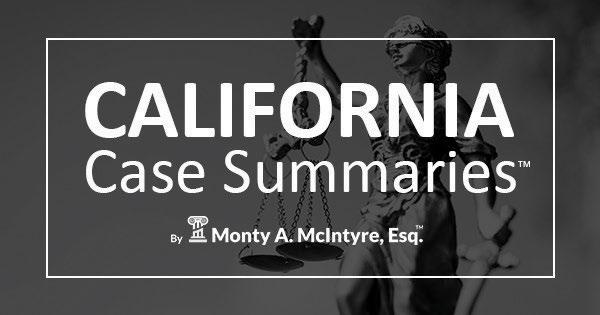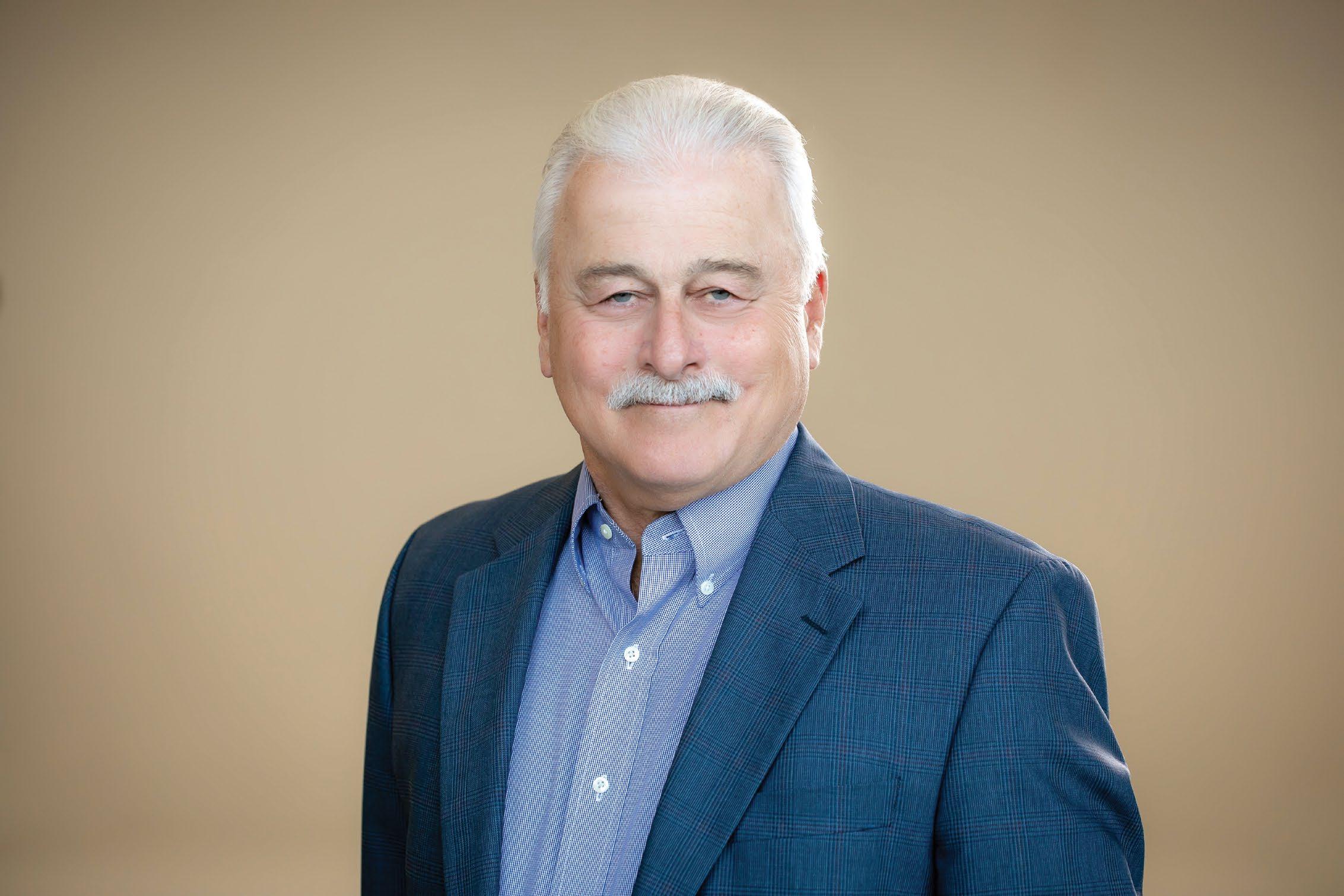
7 minute read
Are Remote Shadow Juries the Future of Jury Research?
by Robert Bettler, Jr.
• Every night, the consultants send the attorneys a short report on the shadow jurors’ reactions to that day’s evidence, along with analysis and possible recommendations.
And then the next morning, everybody starts the same cycle again.
Parenthetically, following a trial like this day after day, week after week, gives one a deep appreciation for the sacrifice American jurors make. It is an onerous task we ask of jurors. They have families. They have jobs. They have a thousand other things they’d rather be doing to keep their lives on track, but they must set all that aside for days at least, and often for weeks, to serve the common good.
Remote Shadow Juries: The Future of Jury Research?
In 2022, DecisionQuest conducted what appears to be the first remote shadow jury, leveraging the same video conferencing technology that became so useful during the pandemic. A remote shadow jury works the same way as the in-person variant, except the stimulus material (to get technical) comes from a video feed of the court’s proceedings rather than having the shadows watch the trial in real time.
• The shadow jurors log in to a video meeting and watch a video of each day’s testimony. Any material that the real jury would not have heard is edited out.
• As with the in-person approach, the remote shadow session ends each day with a brief survey of jurors’ reactions to that day’s witnesses and issues, which is then condensed into a report.
The expectation is that, if problems in the client’s case are noted in the shadow jury, they might be rectified at some point with the real jury. Setting up and running a shadow jury day-to-day is a labor-intensive process either way. The costs of the in-person and remote versions are very similar, with one important exception: remote shadow jurors cost less than in-person ones.
For the price of getting a shadow juror to drive into town, park their car, sit on hard benches in the back of the courtroom all day, file out to the hall for indefinite periods, fill out a questionnaire at the end, and drive home, you can get two shadows who will sit in their easy chair and watch a video for a few hours from the comfort of their own home.
Remote Shadow Juries Present a Rare Opportunity
In the recent 2022 remote shadow jury project, participants were chosen by demographics, but also by strategy. By using the same juror profile used in the jury selection, we deliberately “empaneled” a couple of jurors whom the profile suggested would be hostile to our client’s case.
They did indeed turn out to be hostile.
This was precisely the sort of juror we advise striking in the actual jury selection, but the goal of a shadow jury project is not to win, but to hear as much criticism as possible about our case.
Our eight remote shadow jurors met with us every night of the actual trial. Over the weeks of the exercise, the shadow jurors got to know each other, much like real jurors. They chatted about innocuous matters in an Internet waiting room until a video of the day’s proceedings was played. Night after night the shadow jurors heard witness after witness, through closing arguments, until the day the actual jury went into deliberations. As with the actual jurors, this was the shadow jurors’ first opportunity to discuss the case amongst themselves.
Any worries about remote shadows being less engaged than their in-person counterparts were alleviated after feedback from our post-trial survey.
In our close-out session with the shadows, we administered a survey about the experience. Judging from their responses, they seem to have been highly engaged:
• I thought this was very interesting and informative as with tonight seeing other people’s point of views. They saw things and remembered things I didn’t. Also, this was an innovative project like BULL on TV. Very different and exciting.
• It was interesting, fun, a learning experience and enjoyed it a lot.
• This turned out to be a fun and enlightening experience. I learned far more than I expected, and everyone involved was very professional.
But the important question is, in technical terms, one of generalization: Do the observations in the shadow jury generalize to the real jury? Is there any substantive difference in how eight people sitting in the comfort of their own homes watching a video of the trial would view the case as compared to ten people actually sitting in the jury box?
The Accuracy of Shadow Juror Predictions and Narrative Thinking
Past research justifies considerable optimism on the question of generalization.
As is well-established in the empirical literature (not to mention the experience of practicing jury lawyers since the time of Aristotle!) jurors take the information they hear in a trial and convert it into the form of a story. Narrative thinking is the default mode of human cognition.
Experience with thousands of mock jury discussion groups has shown that a group of, say, 24 or 36 mock jurors will not form dozens of distinct narratives, rather the most common outcome is that they cluster around between one and four narratives. On rare occasions, all the mock jurors will accept one side’s narrative. More commonly they settle into two or three distinct narratives: One following the plaintiff’s version of events, one the defendant’s, and sometimes a hybrid. On very rare occasions, one might even see a fourth narrative cluster.
But more relevant to generalization: in a given case type, be it asbestos or insurance or a patent case, one sees very similar narratives emerge in dozens of groups separated by years and many miles.
Further, from the ground-breaking study of hundreds of juries by Kalvan and Zeisel (1966), we learn that by the end of the evidence, most jurors, whether in a real jury or a mock trial discussion group, have made up their minds. Whatever opinion is held by a majority of jurors when they first sit down to deliberate, that is the opinion most likely to prevail in the group-level verdict. Kalvan and Zeisel likened it to photography:
By the time the jurors sit down to discuss the case, the film has already been exposed. All that remains is for the picture to develop.
This case I’m writing about provided a unique opportunity to DecisionQuest. For us, we got to follow a case from initial mock trial and focus group research to juror profiling analyses, to assisting with jury selection, to setting up and running a shadow jury, and finally to posttrial interviews with actual jurors in the case. In the world of trial consulting, this is a rare alignment of the planets.
This case also provided one small piece of concrete evidence that the shadow jury’s reaction to the case was indeed an accurate snapshot of the real jury’s— post-trial interviews with sitting jurors. While only two out of six sitting jurors agreed to talk with us, these two seem to have been the strongest voices for two opposing sides in, what seems to have been, some contentious deliberations.
• From what we heard from actual jurors, they accepted and rejected the same elements of both side’s cases as the shadows.
• They had the same reactions to the many witnesses over the course of the trial. Real and shadow jurors also made very similar comments about the attorneys.
• In the end, the issues that drove verdicts among the shadows and the real jurors were the same.
Although it is encouraging to see the same outcome in two separate groups, research of this sort is not so much about the outcome as the process. The remote shadow jury allowed us to track day-to-day how typical jurors were reacting to the case.
Especially when combined with insights gained over the course of our involvement with this case, it allowed us to answer questions in real time like:
• Did a particular witness move the trend lines?
• How seriously did the cross-examination of our expert hurt the case?
• Is there a need for a course correction in trial strategy? For questions like these, the remote shadow jury project was a complete success. n
This article provided by U.S. Legal Support (coauthor: Robert Bettler, Jr.) was founded in 1996 with a single goal: to be the first nationwide, all-inclusive litigation support company. Over the last thirty years, our mission has remained the same: to build lasting relationships with our legal industry partners by delivering exceptional litigation support services. Learn more at: www.uslegalsupport.com.

With a new year upon us, you likely find yourself considering how to best ensure success for your law firm in the coming year. Amidst the factors of budgets and schedules, it’s important to take the time to consider how you plan to approach your content marketing strategy in the new year. You may be satisfied with how your marketing efforts have gone this year, or you may wish to use this time to analyze what could be done differently. Or this may be the year that you finally put a content marketing plan in place! Consider these factors as you set up an effective content marketing plan for your law firm in the year to come.
Set Your Objectives for the Year
In order to best execute your marketing plan, you must first understand your own goals. What is the objective of your content for this year? Is the goal to generate new clientele? To establish your law firm as a thought leader through observation and research? Is the motivation purely financial? It’s likely that your goal is a combination of all of these options—they are inextricably linked. It is important, however, to have a sense of what your most primary objective is in order to gear your content towards that goal. Knowing your direction makes it easier to engineer your marketing strategy in a way that makes a true difference towards achieving those goals, rather than producing content at random and hoping for the best.
Personalize Your Content
A large part of generating successful, relevant content is through the understanding of your audience. What are the questions you most often receive from new clients? Is your law firm one that is approached by potential clients who already understand your niche, or do you find yourself educating people about the services you offer?







